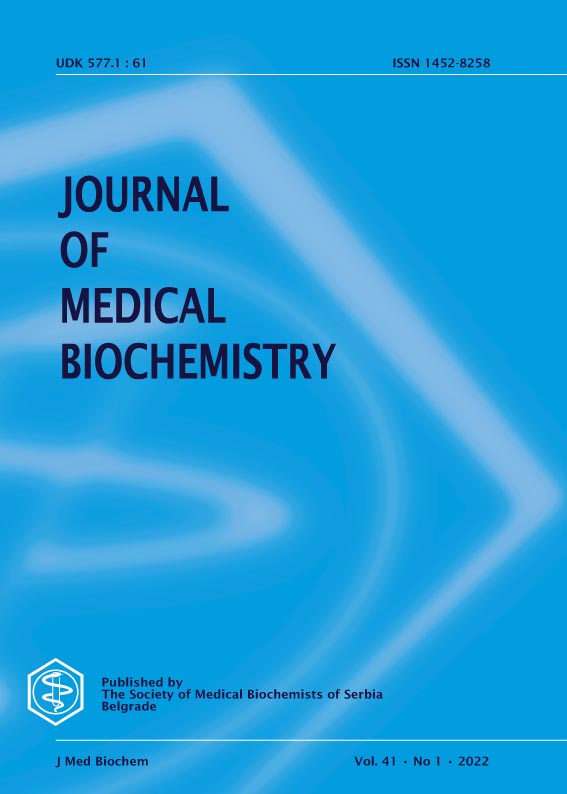Do the etiology of hyponatremia and serum sodium levels affect the length of hospital stay in geriatric patients with hyponatremia?
Etiology of hyponatremia and length of hospital stay in the geriatric patients
Abstract
Introduction: Hyponatremia can lead to prolonged hospital stay, increased morbidity, and mortality rates in geriatric patients. The aim of this study was to evaluate the effects of hyponatremia etiology and serum sodium (Na) levels on hospitalization time in geriatric patients hospitalized due to hyponatremia.
Method: The demographic characteristics, laboratory data, etiology of hyponatremia, and length of hospital stay were retrospectively recorded for 132 patients over 65 years of age who were hospitalized for hyponatremia.
Findings: Of the 132 patients, 90 were female (68.2%) and 42 were male (31.8%). The serum Na levels of 66 (50%) patients were <120 mEq/L, of 64 (48.5%) patients were 120-129 mEq/L, and of 2 (1.5%) patients were >130 mEq/L. One hundred nine (82.6%) patients had hypoosmolar, 14 (10.6%) patients had isoosmolar, and 9 (6.8%) patients had hyperosmolar hyponatremia, and 19.7% of the patients were hypovolemic, 37.9% were euvolemic, and 42.4% were hypervolemic. Hyponatremia etiology was congestive heart failure in 38 (28.8%) patients, syndrome of inappropriate antidiuretic hormone in 29 (22.0%) patients, gastrointestinal fluid loss in 24 (18.2%) patients, renal pathologies in 20 (15.2%) patients, presence of drugs in 20 (15.2%) patients, and hypocortisolemia in 1 (0.8%) patient. The mean length of hospital stay of the patients was 5 (1-60) days. There was no statistically significant difference between the lengths of hospital stay in terms of hyponatremia etiologies and serum Na levels (p=0.861 and p=0.076). It was observed that the lengths of stay of patients who developed hyponatremia during their hospitalization in different clinics were longer than those of patients who presented to the emergency department (p<0.001).
Conclusion: In this study it was determined that the length of hospital stay did not change with the etiology of hyponatremia and serum Na level at the time of admission, but patients who developed hyponatremia during their hospitalization had longer hospitalization time.
Copyright (c) 2021 Salih Baser, Nuray Yilmaz Cakmak, Emin Gemcioglu

This work is licensed under a Creative Commons Attribution 4.0 International License.
The published articles will be distributed under the Creative Commons Attribution 4.0 International License (CC BY). It is allowed to copy and redistribute the material in any medium or format, and remix, transform, and build upon it for any purpose, even commercially, as long as appropriate credit is given to the original author(s), a link to the license is provided and it is indicated if changes were made. Users are required to provide full bibliographic description of the original publication (authors, article title, journal title, volume, issue, pages), as well as its DOI code. In electronic publishing, users are also required to link the content with both the original article published in Journal of Medical Biochemistry and the licence used.
Authors are able to enter into separate, additional contractual arrangements for the non-exclusive distribution of the journal's published version of the work (e.g., post it to an institutional repository or publish it in a book), with an acknowledgement of its initial publication in this journal.

